Virgil van Dijk (Part 1)
Virgil van Dijk (Part 1)
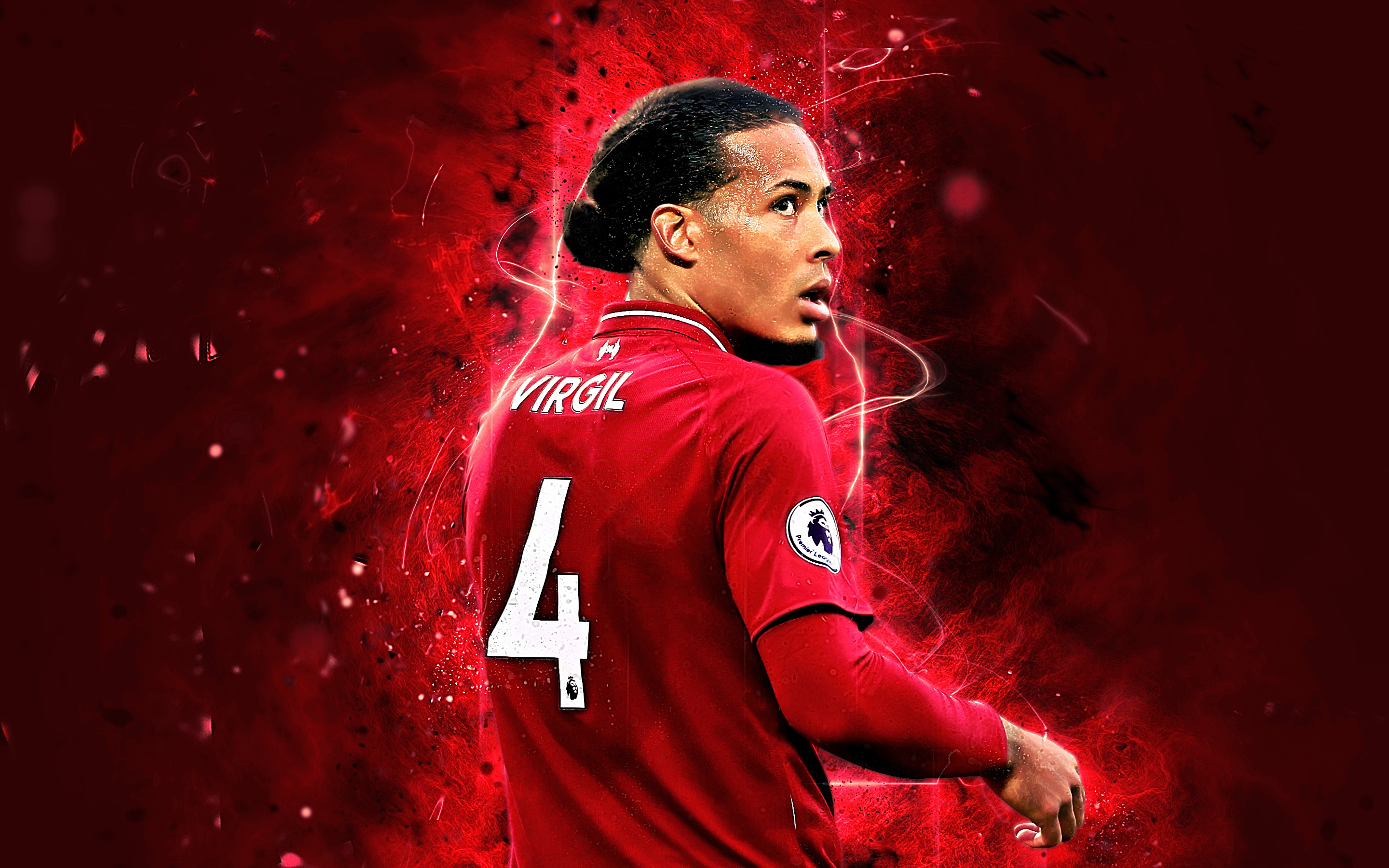
Virgil van Dijk, born on July 8, 1991, is a renowned Dutch footballer recognized for his exceptional skills as a centre-back. He currently serves as the captain for both Liverpool, a Premier League club, and the Netherlands national team. Van Dijk is widely regarded as one of the finest defenders of his generation, admired for his physical strength, leadership qualities, speed, and aerial prowess.
Beginning his professional career with Groningen, Van Dijk later transferred to Celtic in 2013. During his time at Celtic, he achieved considerable success, winning the Scottish Premiership and earning spots in the PFA Scotland Team of the Year for two consecutive seasons. Additionally, he secured the Scottish League Cup during his second season with the club.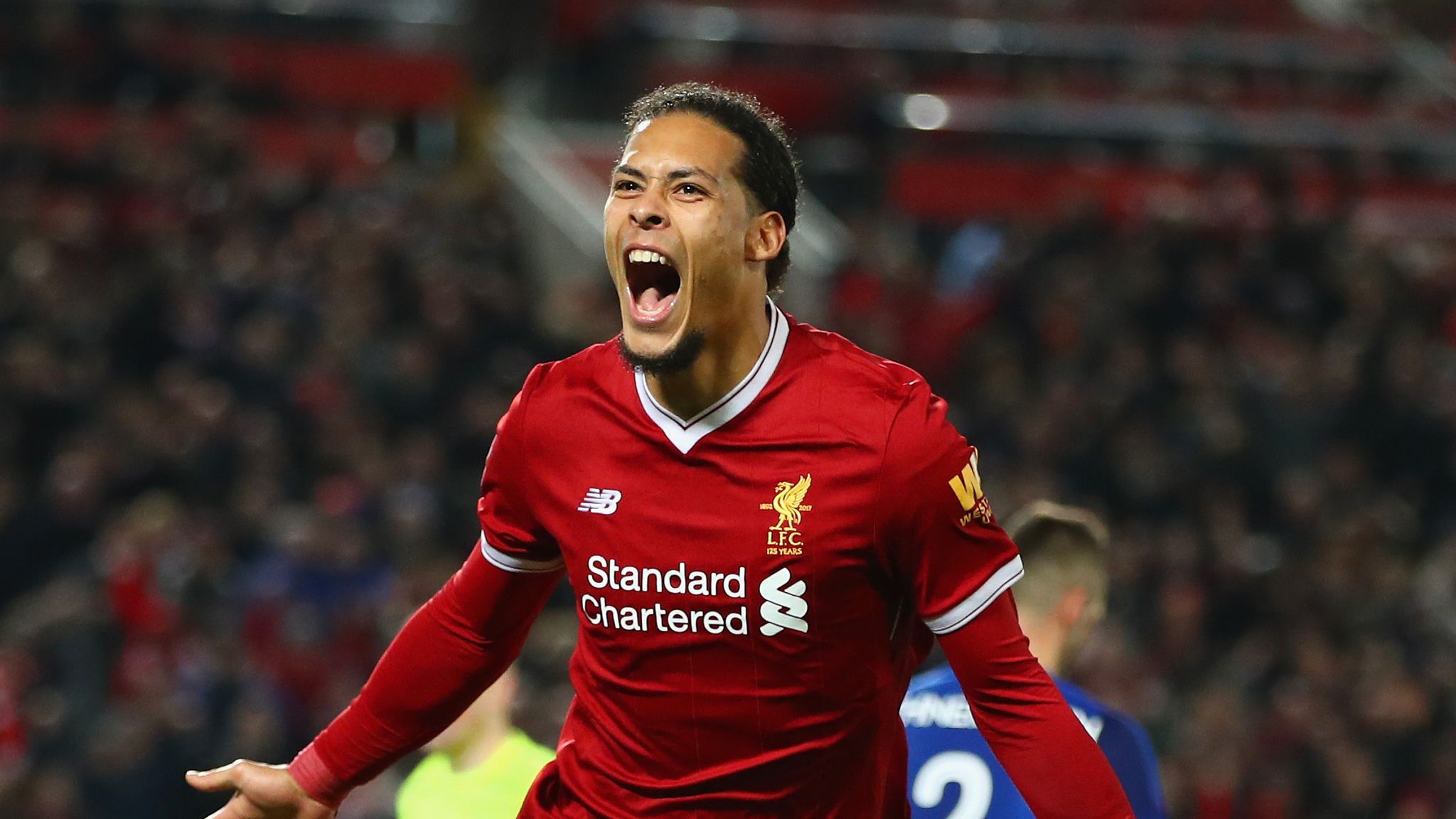
Van Dijk made a move to Southampton before ultimately joining Liverpool in January 2018 for a then-record transfer fee of £75 million, setting a new benchmark for defender transfers. With Liverpool, he reached consecutive UEFA Champions League finals in 2018 and 2019, winning the latter. Van Dijk's impact was profound as he was honored with prestigious awards such as the PFA Players' Player of the Year and the Premier League Player of the Season in his debut full season. Furthermore, he played a pivotal role in Liverpool's triumphs in the FIFA Club World Cup and UEFA Super Cup, and notably, he played a crucial part in ending Liverpool's 30-year league title drought by securing the 2019–20 Premier League title. 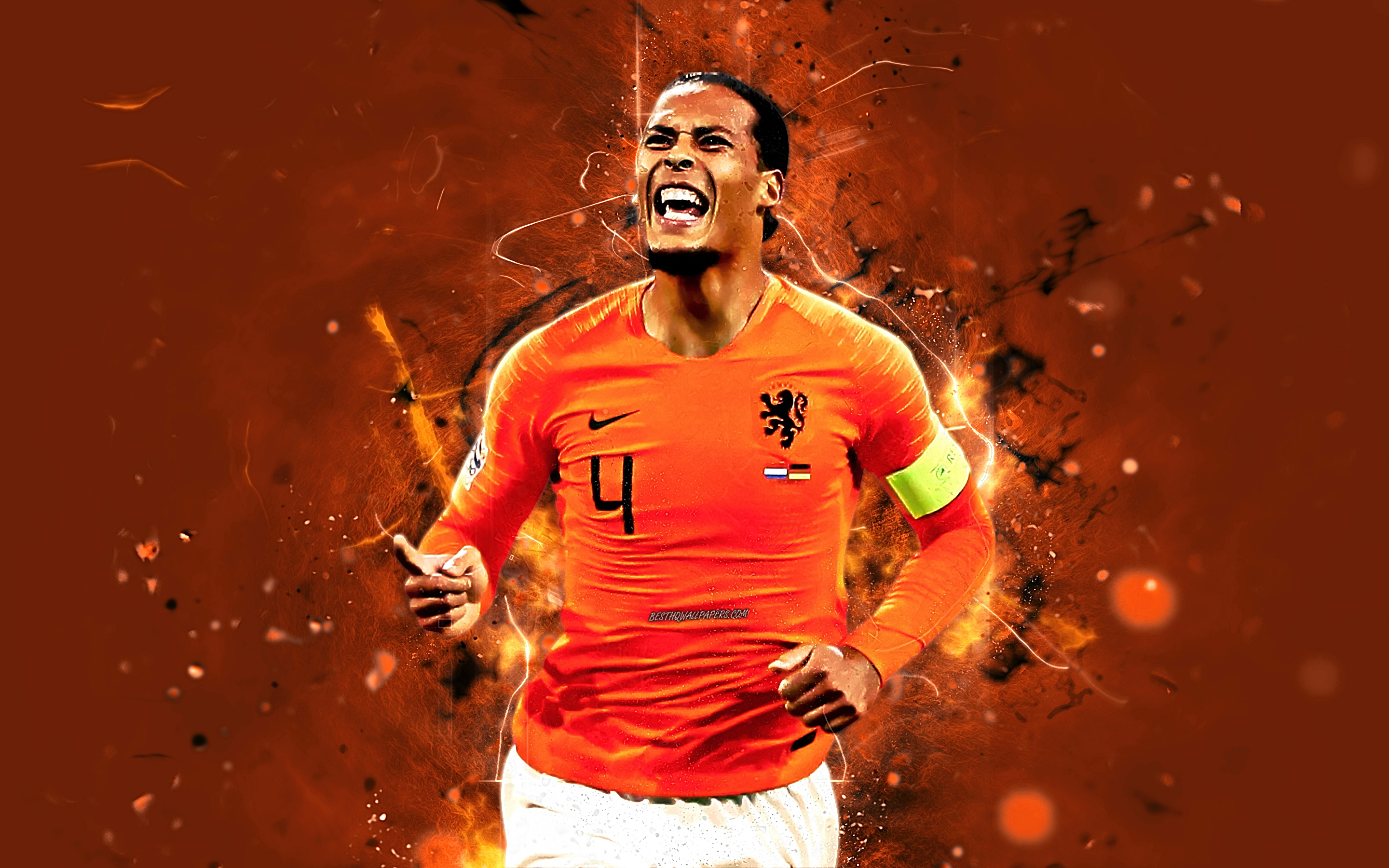
Notably, he is the only defender to have won the UEFA Men's Player of the Year Award and has been a runner-up for both the Ballon d'Or and the Best FIFA Men's Player awards, all in 2019. Van Dijk has also been consistently recognized in the FIFPRO Men's World 11.
Internationally, Van Dijk represented the Netherlands at various youth levels before making his senior international debut in 2015. He assumed the role of full captaincy for the national team in March 2018. In 2019, Van Dijk led the Netherlands to the final of the inaugural UEFA Nations League, where they finished as runners-up. He also represented his country at the 2022 FIFA World Cup, showcasing his talents on the global stage.
Virgil van Dijk, born on July 8, 1991, in Breda, Netherlands, comes from a mixed heritage background, with a Dutch father named Ron van Dijk, and an Afro-Surinamese mother named Hellen Chin Fo Sieeuw. He has a younger brother and sister, with the age difference being two and ten years, respectively. Growing up, Van Dijk spent his early years in Kesteren, located in the Haagse Beemden district of Breda.
Van Dijk's childhood was marked by the absence of his father, who left the family when Virgil was 11 years old. Initially, he lived with his father for a brief period before opting to return to live with his mother, leading to a severed connection with his father.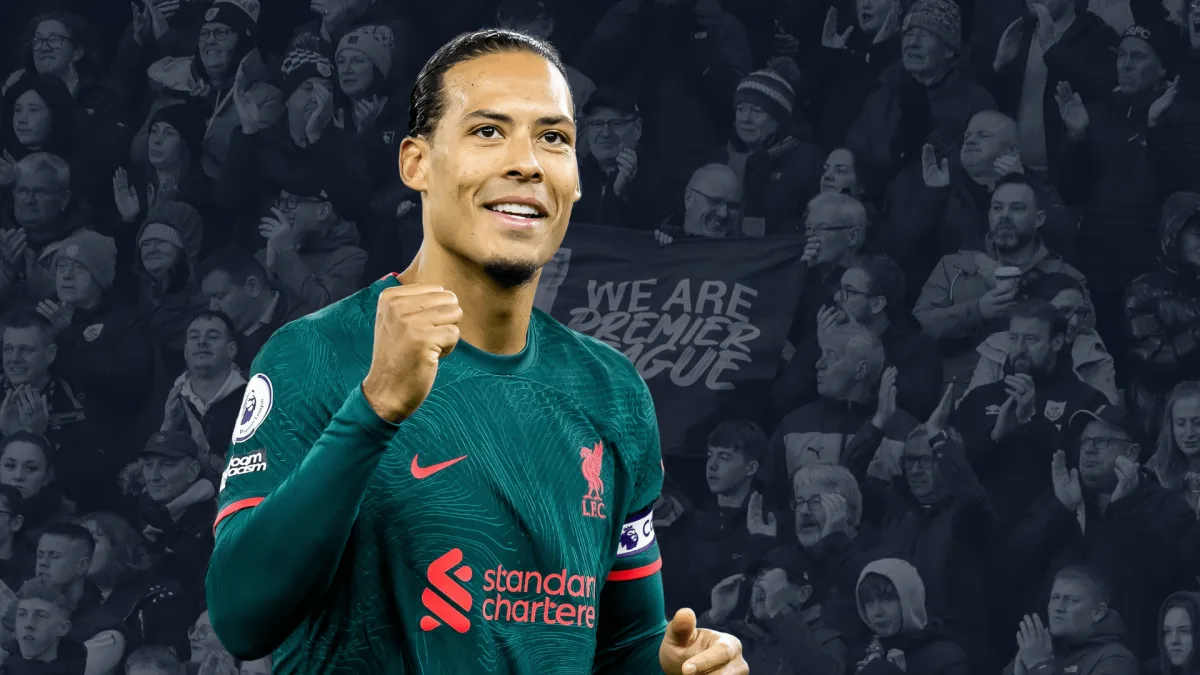
From a young age, Van Dijk displayed a passion for football, playing wherever he could, whether it be on the streets, in concrete cages, or in Saturday morning matches. He began his football journey in the youth team at WDS'19 before transitioning to Willem II at the age of 8. Despite his love for football, he also worked part-time as a dishwasher during his teenage years while balancing his commitments to the Willem II academy.
Initially deployed as a right-back, Van Dijk's career took a significant turn in 2008 when, at the age of 17, he underwent a growth spurt of around 18 centimeters. This prompted a positional shift to central defense, a move that would shape his future success. However, despite his physical growth and positional change, Willem II's reserve manager at the time, Edwin Hermans, doubted Van Dijk's potential to break into the first team due to what he perceived as limitations in his game.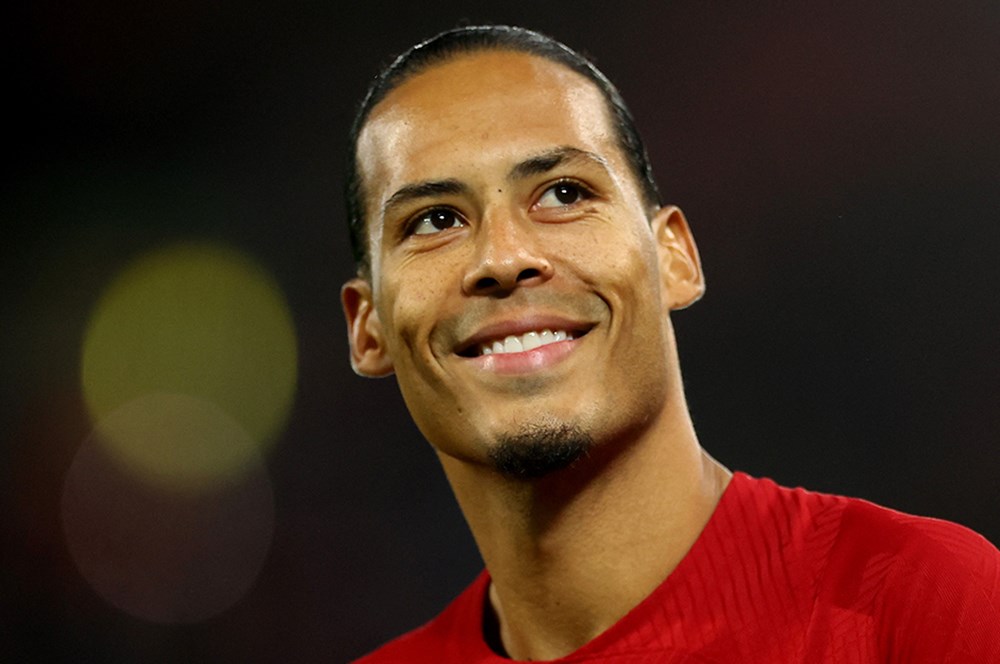
In 2010, at the age of 19, Van Dijk made a pivotal move to FC Groningen on a free transfer after catching the eye of former Dutch international Martin Koeman, who was scouting for FC Groningen at the time. This transition marked a crucial step in Van Dijk's career trajectory, setting the stage for his remarkable rise to become one of the world's top defenders.
Van Dijk's journey at Groningen initially faced hurdles as he struggled to break into the first team. The club staff believed he was fatigued due to extensive playing time with Willem II's academy and reserve sides. However, he eventually made his professional debut for Groningen on May 1, 2011, as a substitute during a 4–2 victory against ADO Den Haag. Just a few days later, on May 29, he earned his first start and scored his first professional goals, netting twice in a 5–1 win in a UEFA Europa League play-off match against the same opposition.
During the 2011–12 Eredivisie season, Van Dijk became a regular presence in Groningen's lineup, making 23 league appearances and scoring his first regular-season goal in a 6–0 victory over Feyenoord on October 30, 2011. However, his season was marred by a significant setback when he was hospitalized with advanced appendicitis, peritonitis, and kidney poisoning shortly after his 20th birthday. The medical conditions were initially overlooked by the club's medical staff and local hospital, requiring an urgent lifesaving operation. Van Dijk spent 13 days in the hospital and faced a lengthy recovery process, during which he lost weight and was unable to walk for 10 days. His condition was so severe that the hospital even asked him to sign a document akin to a will in case of his passing.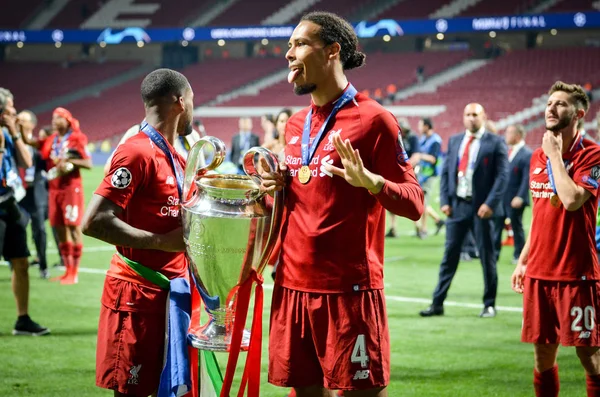
Despite the harrowing experience, Van Dijk eventually made a full recovery and returned to the field in the summer of 2012, showcasing remarkable resilience. Partnering with veteran Kees Kwakman in the center of defense, he continued to excel despite the club's inconsistent season.
In the summer of 2013, Van Dijk attracted interest from clubs like PSV, Brighton & Hove Albion FC, and FK Krasnodar. However, he rejected moves to these clubs, expressing a preference for a transfer to a Dutch top club like AFC Ajax. Despite his efforts to initiate discussions with Ajax, the club ultimately opted not to pursue him and signed Mike van der Hoorn instead.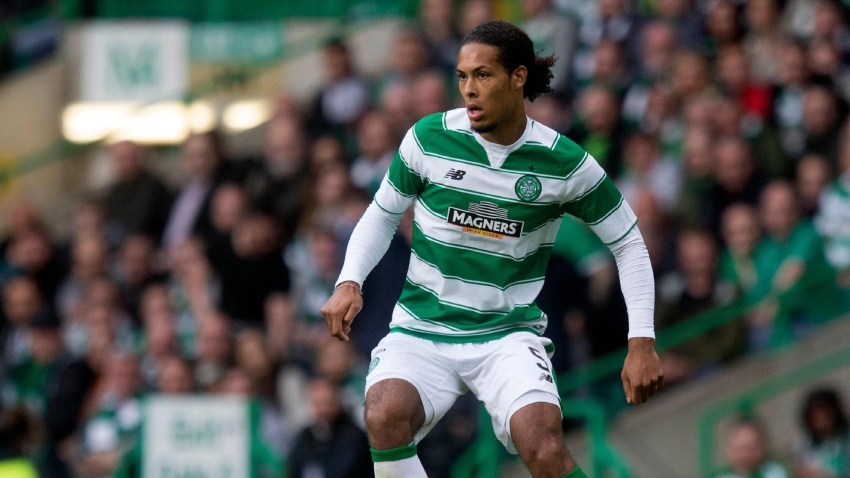
References
- "Virgil van Dijk: Overview". Premier League. Archived from the original on 23 June 2021. Retrieved 24 November 2022.
- ^ "Highlights Nederland - Gibraltar (11/10/2021) WK-kwalificatie" [Highlights Netherlands - Gibraltar (11/10/2021) World Cup qualification]. YouTube (in Dutch). Royal Dutch Football Association. 12 October 2021. Retrieved 1 August 2023.
- a b "Kompany's verdict on the greatest-ever PL defender - and it's not Terry or Ferdinand". talkSPORT. 10 May 2020. Retrieved 14 October 2023.
- a b "Ben Foster claims Virgil van Dijk was 'best defender that has ever lived' before Liverpool star's ACL injury". Yahoo News. 14 October 2023. Retrieved 14 October 2023.
- a b c "Virgil van Dijk the best defender in the world, says Paul Merson". Sky Sports. Archived from the original on 20 April 2019. Retrieved 20 April 2019.
- ^ "Virgil van Dijk: Champions League Defender of the Season". UEFA. Archived from the original on 7 October 2019. Retrieved 1 September 2019.
- ^ "How Virgil van Dijk became the Premier League's top defender". Sky Sports. Retrieved 14 October 2023.
- a b c "Virgil van Dijk: Liverpool to sign Southampton defender for world record £75m". BBC Sport. 27 December 2017. Archived from the original on 14 May 2019. Retrieved 7 January 2018.
- ^ "The Best FIFA Men's Player". FIFA. Archived from the original on 7 November 2016. Retrieved 2 September 2019.
- a b "Virgil van Dijk wins UEFA Men's Player of the Year award". UEFA. 29 August 2019. Archived from the original on 18 December 2019. Retrieved 29 August 2019.








































